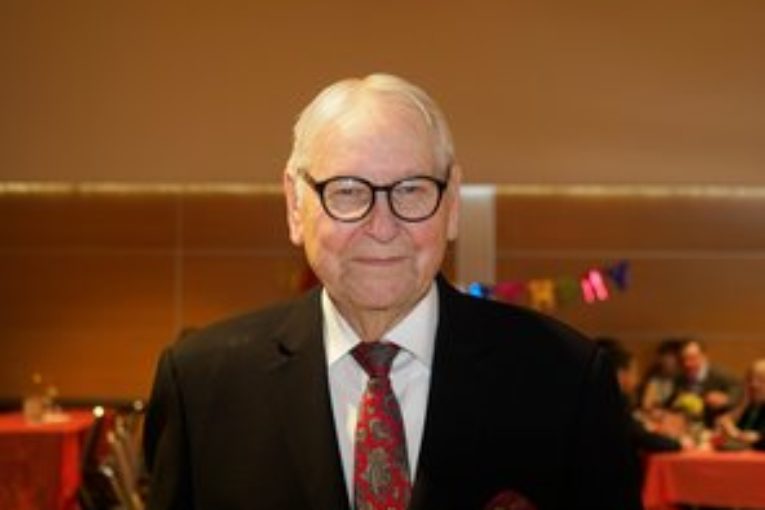
At 92 years old, Alexander Palynchuk has seen a lot in his lifetime. Born near Gorlitz, Saskatchewan in 1927, Alexander spent most of his childhood and adolescence on a farm in Lindbergh, a prairie town in east-central Alberta. Throughout the decades, Alexander witnessed, first-hand, the positive changes the burgeoning oil and gas (O&G) industry brought to communities in the region.
“The industry provides interesting and well-paying jobs that enhance local communities,” he says. “Over the years, communities that were shrinking or almost dying away were invigorated by oil and gas. Many have become more active and vibrant than they were before. Edmonton, for example, is now at almost one million people—without the development of the oil and gas industry, it would be much smaller.”
Alexander has also made an imprint on his local community—thanks, in part, to his role in the O&G sector. A member of the Canadian Petroleum Hall of Fame, Alexander started his longstanding career in O&G at the age of 13, when he delivered bulk oil by truck to local farmers, as part of his father’s business. Later, he became the chief engineer for an Edmonton pipe manufacturer, founder of Western Instruments Inc., and president of Tri-Coil Inc. Oh, and he invented the coiled sucker rod—a popular technology used in oil wells.
Through these roles, and the influence that came with them, Alexander was able to make his little corner of the world better—particularly in the areas of science and engineering education. First, he helped the University of Alberta launch and fulfill an initiative to improve its library facilities.
“The university wanted to bring more material about engineering and science into the libraries and publicize it through a collaboration with the Alberta Research Council,” he explains. “I helped them enable inter-library cooperation from both an academic and industry perspective, and make sure people knew the service existed.”
From there, he helped to retool the science fair system in Alberta schools.
“My sons participated in their school’s science fair, and a couple of their teachers felt there was inadequate organization around these fairs,” he says. “I ended up meeting with the school board on several occasions to find and implement ways to get more students involved in science fairs.”
Additionally, Alexander left a lasting mark on the local engineering community by developing a program at the North Alberta Institute for Technology (NAIT) for metallographers.
“I helped NAIT develop a program called Materials Engineering Technology to teach students the properties and behaviour of engineering materials and prepare them for a career in their profession. They followed our recommendations virtually completely and that program is still operating at NAIT today,” he notes.
Moving forward, he hopes to see others in the O&G industry continue where he left off, in terms of furthering science and engineering education in the region. He also hopes to see the O&G sector grow and evolve for many years to come.
You can read more of the news on source
